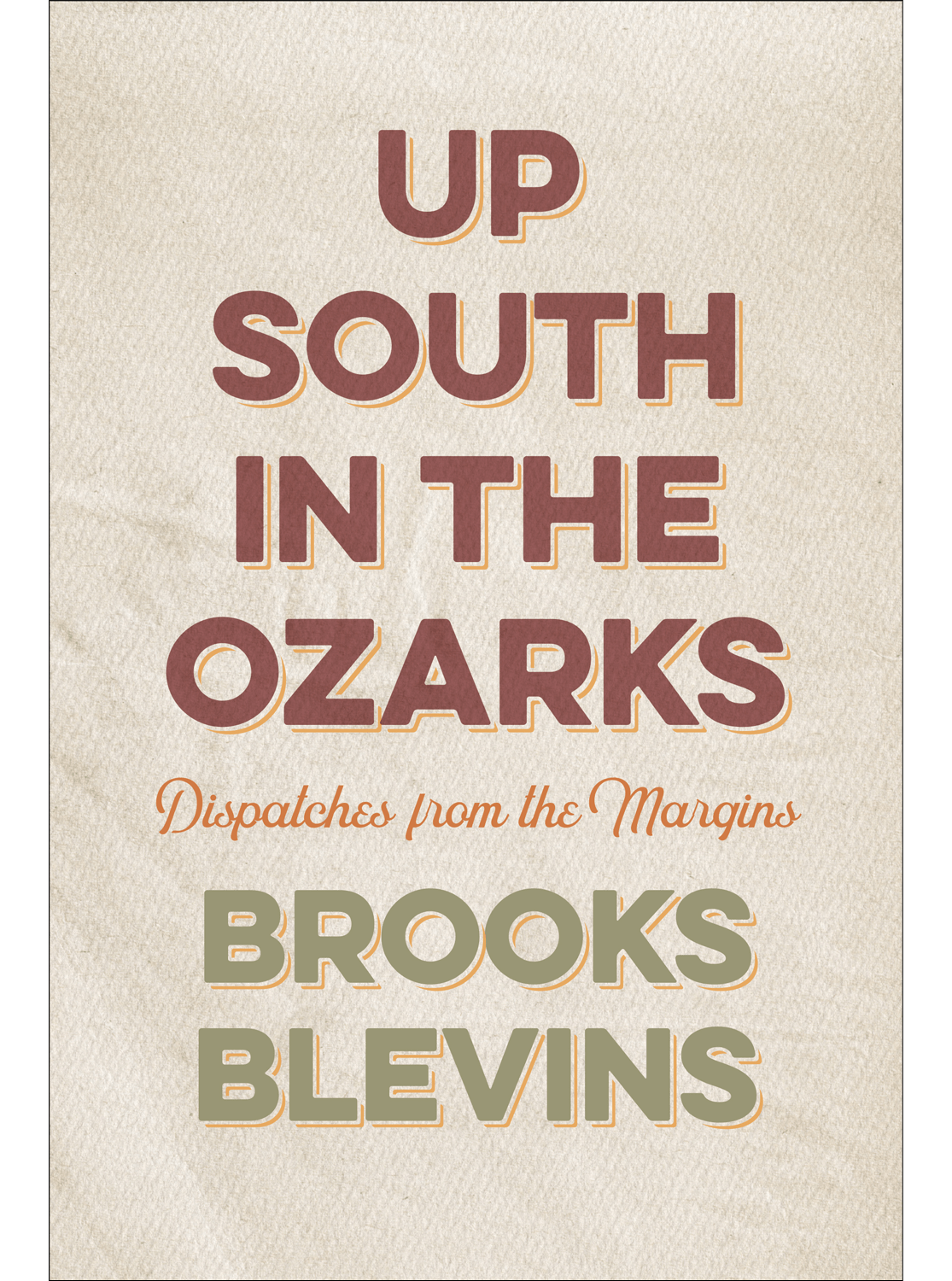Brooks Blevins, author of the new essay collection Up South in the Ozarks. Part historical and part journalistic, Blevins’s essays combine the scholarly sensibilities of a respected historian with the insights of someone raised in rural hill country. His stories of marginalized characters often defy stereotype. They entertain as much as they educate. And most of them originate in the same place Blevins does: up south in the Ozarks.
You write in the book about group identity being rooted in shared history, but also relying on a certain degree of cultural distinctiveness. How does this apply to the Ozarks?
Right now, I find myself in the middle of a difficult debate on how to define the Ozarks, because this summer the Smithsonian Folklife Festival is focusing on the Ozarks. One of the things the regional focus on the Ozarks has done is made a lot of people think about, “What is the Ozarks in 2023, and what does it mean to be an Ozarker?”
The program they’re putting on in Washington, D.C. this summer would have obviously looked a lot different 30 or 40 years ago. But today, there’s a lot of ethnic and national diversity to it. Northwest Arkansas has had a heavy influx of Hispanic population. There’s the largest Marshallese population in the world, outside of the Marshall Islands, located in Springdale, AR. So, there are these tremendous demographic shifts that have taken place within the last 30 years, since I got out of high school, and it has forced a reevaluation.
One of the things I talk about with my students is can you be from the Ozarks, but not of the Ozarks? I would say the definition was much easier 30 years ago because a lot of people would say, “Well if you’ve got deep roots in the Ozarks…” Many people, whether they lived in Fayetteville, AR, or Springfield, MO, or Violet Hill, AR, had a very common background, because you only had to go back a generation or two before your family were all poor hill people, scratching out a living on a rocky farm somewhere. We’re in a period of transition and I’m not sure how much recent arrivals to the Ozarks identify with it in any conscious way. But certainly there are now people of color in the Ozarks who have never known any other home. How do you fold them into this thing we call the Ozarks? It’s fascinating, and I don’t know the answer.
Read the full interview at the Southern Review of Books.

